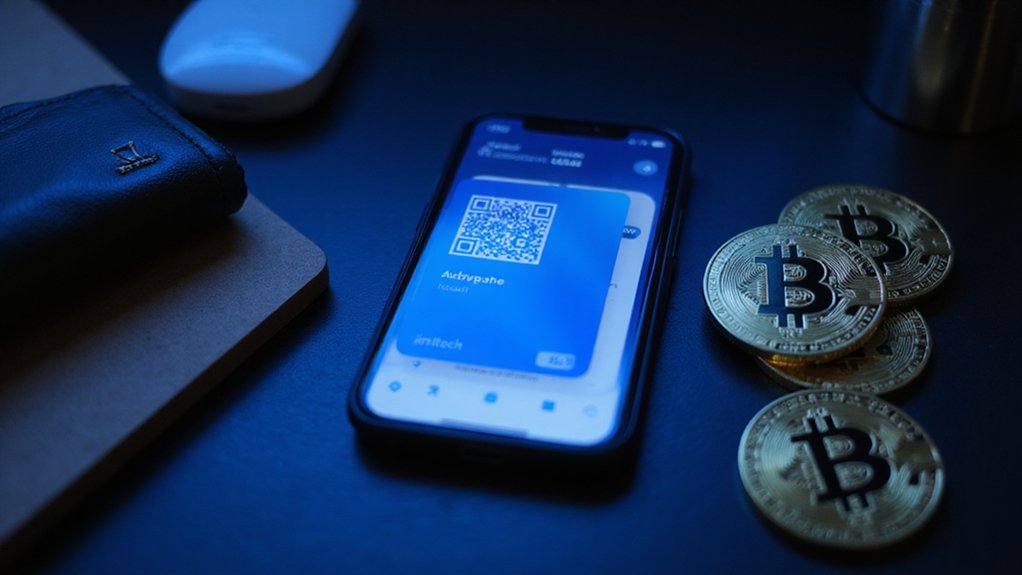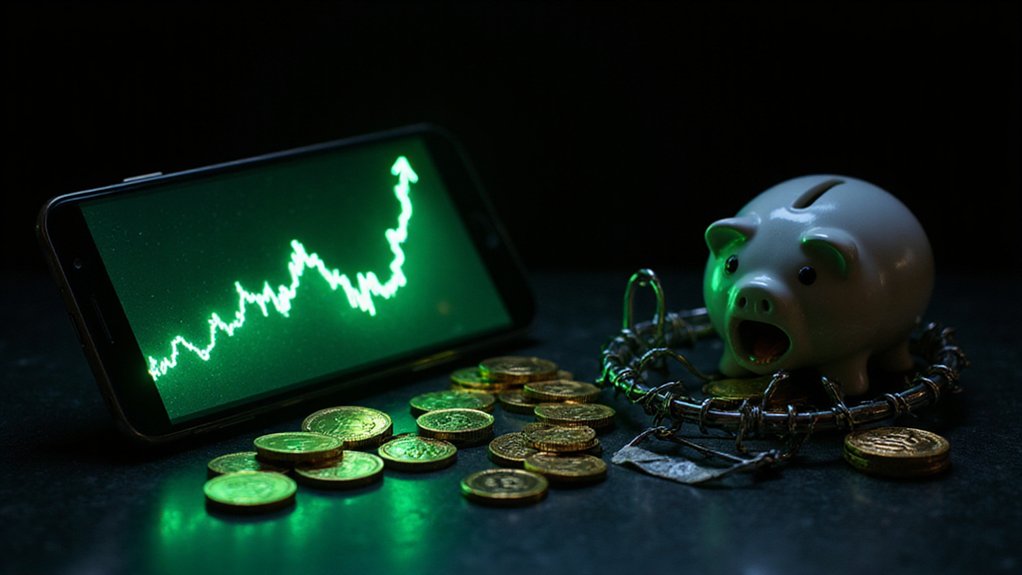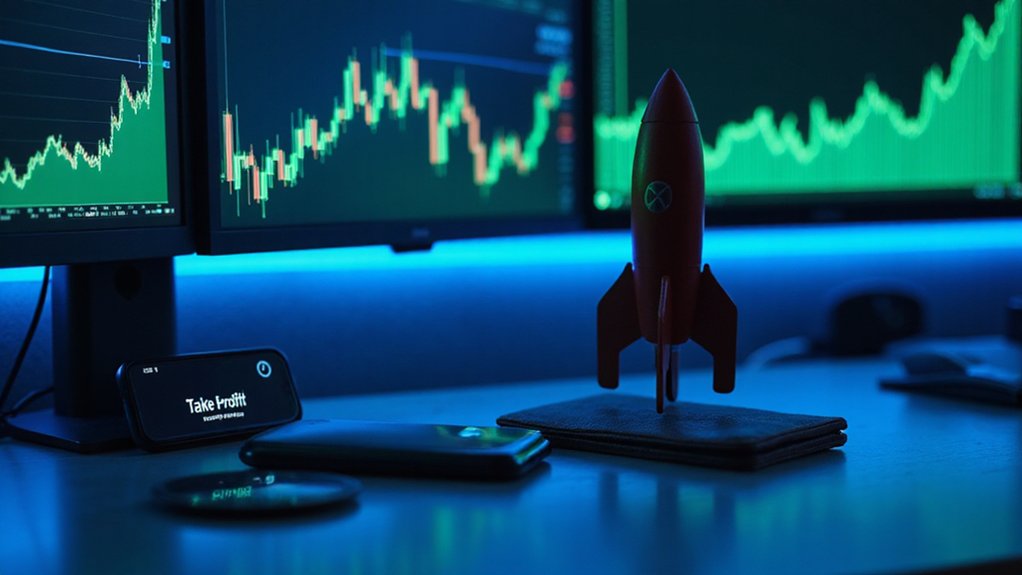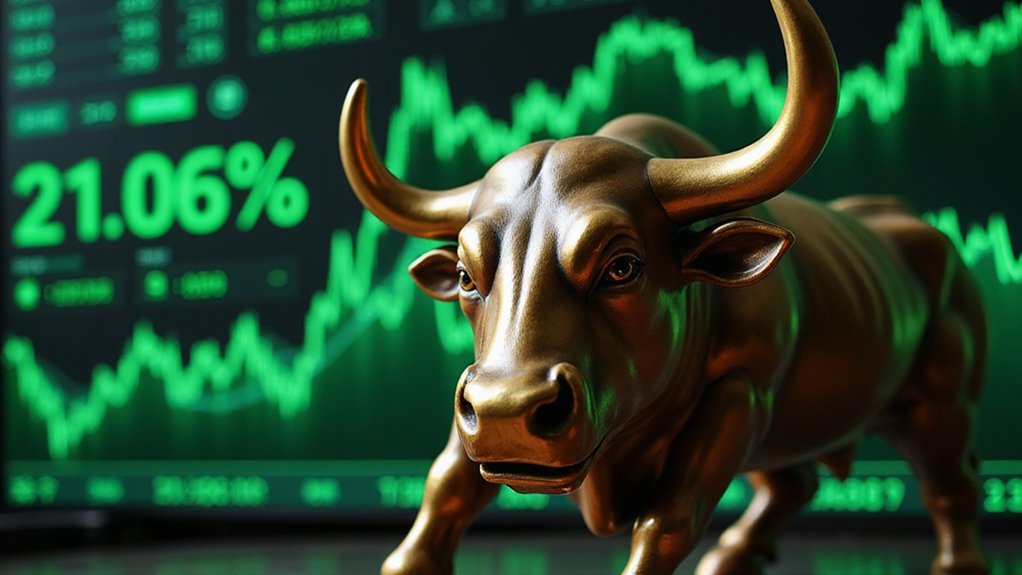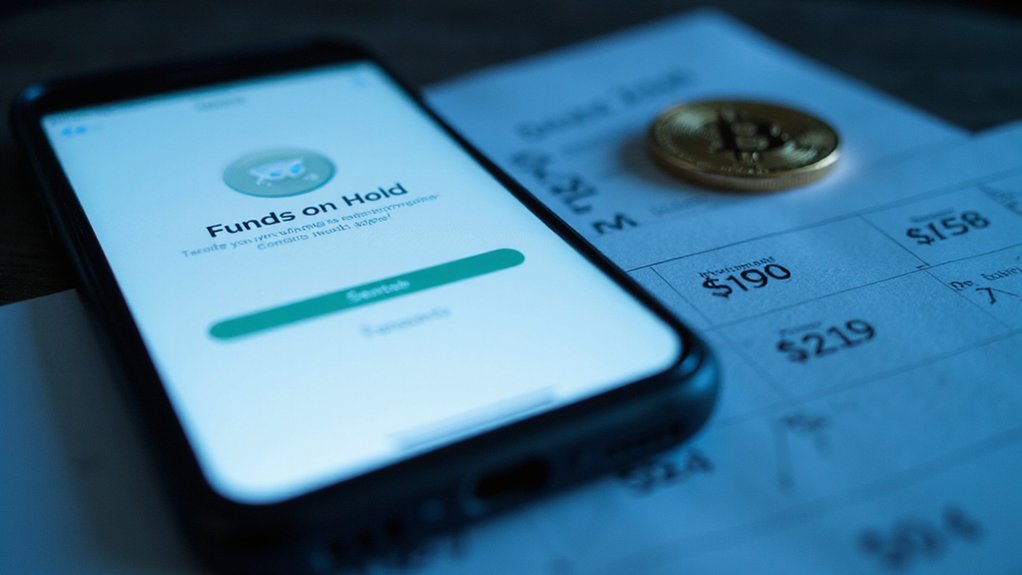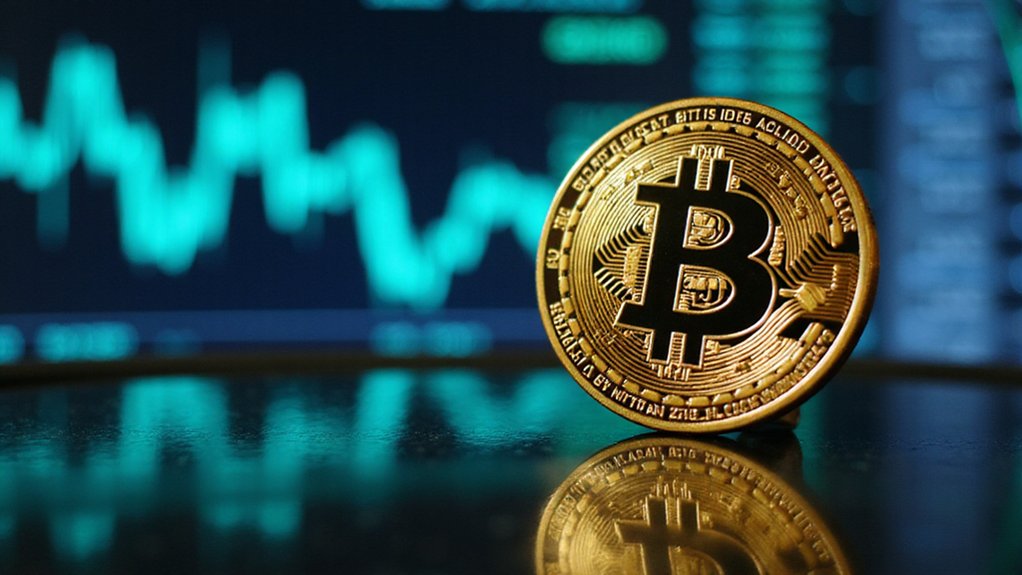Robinhood revolutionized investing by eliminating commission fees—the financial equivalent of tearing down toll booths on Wall Street’s highways. The platform democratizes market access through an intuitive interface where users can trade stocks, ETFs, options, and cryptocurrencies with minimal capital via fractional shares. Its ecosystem combines simplified execution with surprisingly robust tools (real-time data, technical indicators, algorithmic insights) while expanding into banking services with SIPC protections. The financial establishment’s exclusive club suddenly finds its velvet ropes mysteriously vanished.
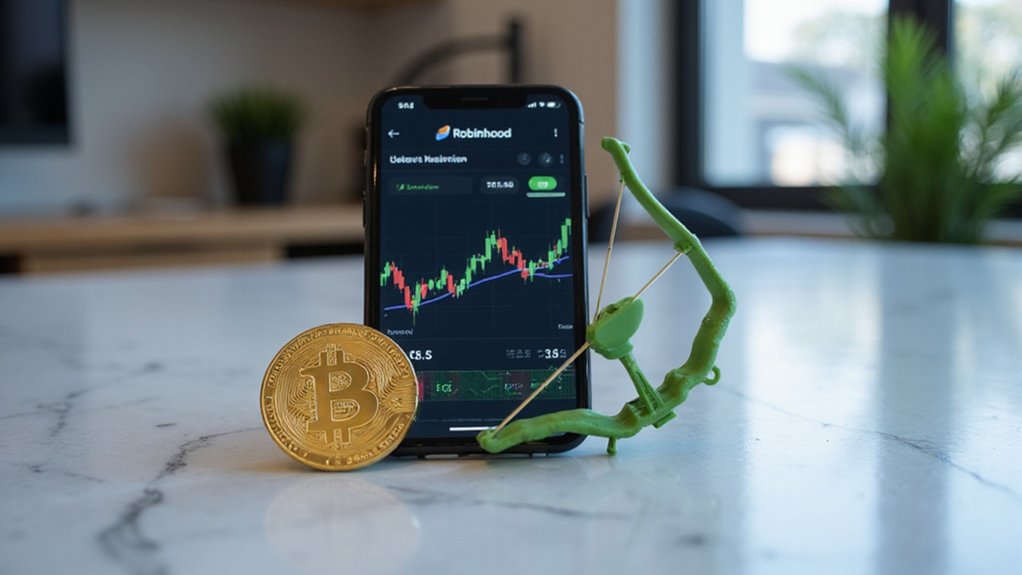
How exactly did a medieval outlaw’s name become synonymous with democratized investing in the 21st century?
Robinhood—the platform, not the folkloric wealth redistributor—emerged as a commission-free trading platform that upended traditional brokerage models by offering access to stocks, ETFs, options, and cryptocurrencies without the prohibitive transaction fees that historically deterred casual investors.
A financial revolution wrapped in medieval folklore—democratizing markets by eliminating the toll bridges to Wall Street
This fintech disruptor operates across mobile and desktop interfaces, allowing users to initiate investments with minimal capital through its fractional shares program—a particularly appealing feature for the financially nascent.
The platform’s architecture balances simplicity with sophistication, offering real-time market data that updates within milliseconds.
For advanced traders, Robinhood Legend provides professional-grade analysis tools with customizable charts, technical indicators, and multi-monitor capabilities that would make institutional traders nod with grudging approval.
(One wonders if the medieval Sherwood Forest harbored such technological aspirations.)
Trade execution is remarkably streamlined—users can initiate positions directly from watchlists or chart interfaces, circumventing the labyrinthine processes typical of traditional brokerages.
Beyond mere execution, Robinhood deploys algorithmic assistance through its Cortex system, which distills market noise into actionable insights, providing automated summaries of news events and technical analyses relevant to specific securities.
Meanwhile, Trade Builder functions as a virtual strategist, helping users translate market hypotheses into concrete trading plans—particularly valuable for handling the otherwise bewildering world of options trading.
The platform’s buying power features are instrumental for traders, representing the total funds available for purchasing securities based on cash balance, though excluding unsettled funds from recent transactions.
The ecosystem has expanded beyond investing to include banking services—checking and savings accounts that integrate with investment products, creating a holistic financial platform. Premium users will soon be able to enjoy 4.00% APY on savings balances, significantly outperforming the national average.
Even family finances receive consideration through specialized children’s accounts featuring parental controls.
All this operates within regulatory guardrails, as Robinhood maintains registration with the SEC and offers SIPC protection for user funds.
The medieval Robin Hood redistributed wealth through questionable methods; his digital namesake does so through disruptive technology—though whether this democratization ultimately benefits the financial “Sherwood Forest” remains an open question.
Frequently Asked Questions
Is Robinhood Safe for Beginners?
Robinhood offers sufficient security guardrails for neophyte investors, with SIPC protection covering securities up to $500,000, regulatory oversight from SEC and FINRA, and robust authentication protocols.
However, beginners should remain cognizant of inherent limitations—cryptocurrency holdings aren’t SIPC-protected, and the platform won’t compensate for user negligence.
The simplified interface, while appealing to novices, doesn’t necessarily translate to diminished risk exposure in volatile markets.
What Are Robinhood’s Fees Compared to Other Brokers?
Robinhood distinguishes itself through elimination of standard trading commissions—offering $0 fees on stocks, ETFs, and options contracts where competitors typically charge $0.65-$1.50 per contract.
While its $5 monthly Gold subscription provides discounted margin rates (5.25-5.75% versus competitors’ 11-12.5%), Robinhood imposes a $100 ACAT transfer fee and 1.75% on instant withdrawals—costs prudent investors should weigh against the platform’s commission-free allure.
How Does Robinhood Make Money Without Charging Commissions?
While eschewing traditional commission structures, Robinhood monetizes through several less conspicuous channels.
Payment for order flow—routing trades to market makers for rebates—forms its backbone, complemented by interest earned on uninvested cash balances, Robinhood Gold subscriptions, and cryptocurrency transaction facilitation fees.
This multifaceted approach (which netted a record $1.01 billion in Q4 2024) allows the façade of “free trading” while revenue streams flow robustly behind the scenes.
Can I Transfer Existing Investments to Robinhood?
Yes, investors can transfer existing assets to Robinhood through the ACATS system, though with significant limitations.
Only individual cash, margin accounts, and traditional/Roth IRAs qualify for transfers.
Stocks and eligible assets typically settle in 5-7 business days, and Robinhood reimburses transfer fees up to $75 for accounts transferring $7,500+ in assets.
Importantly, cryptocurrencies cannot be directly transferred between platforms—an inconvenient reality in today’s fragmented financial ecosystem.
What Crypto Options Does Robinhood Offer?
Robinhood offers an extensive crypto selection, including mainstream options like Bitcoin, Ethereum, and Dogecoin alongside emerging tokens such as BONK and Dogwifhat.
The platform supports various blockchain networks (Ethereum, Bitcoin, Solana, Polygon, etc.) and allows for fractional purchases starting at $1.
Most holdings remain in cold storage for security, though availability varies by state due to regulatory considerations.
Users can transfer crypto to external wallets or swap between supported tokens via integrated DEX aggregators.

